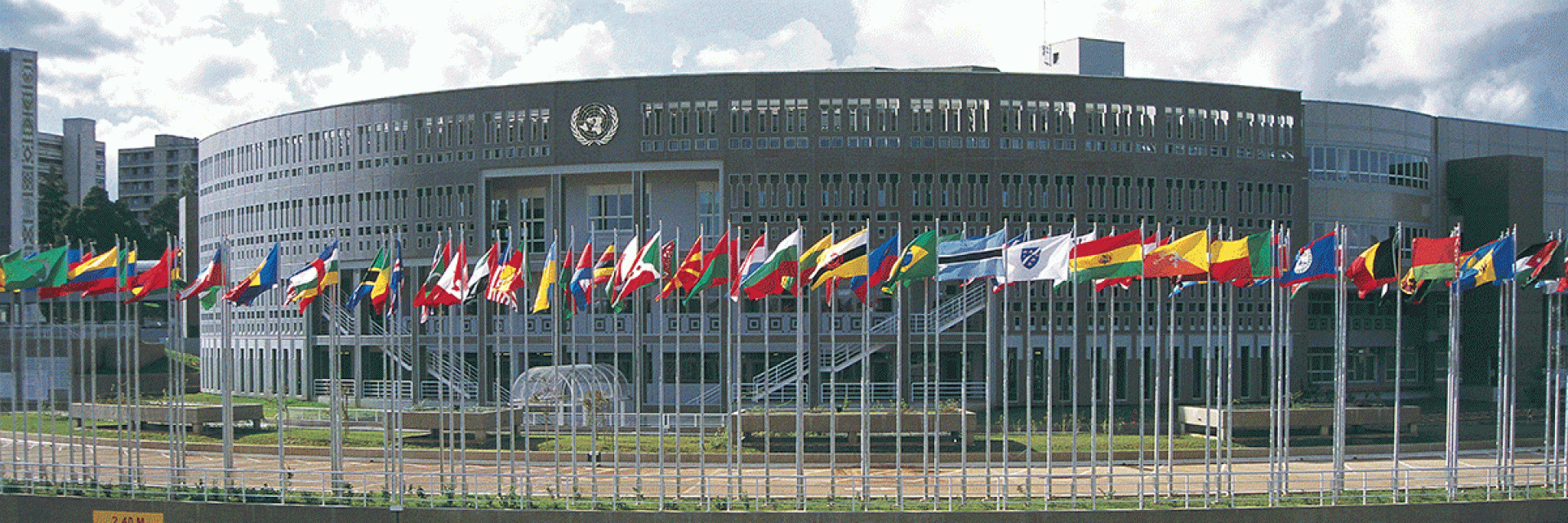Addis Ababa 8 May 2022 (ECA) – The Strategic, Planning and Oversights Division (SPORD) of the Economic Commission for Africa (ECA) organized on 6th May 2022 an external peer review meeting of the draft 2022 edition of the Economic Report on Africa (ERA 2022). Chaired by Said Adejumobi, Director of SPORD, the meeting was attended by renown experts from the academia and policy domains.
Drafted on the theme, "Leveraging digital technology and innovation to promote regional value chains in building forward better in Africa”, the report will be formally launched later in the year following a presentation of its key messages during the 54th session of the ECA Conference of Ministers of Finance, Planning and Economic Development (CoM2022) scheduled for 11 -17 of May 2022 in Dakar, Senegal.
According to the lead coordinator of the report, Jean-Paul Adam, Director, Climate Change, Natural Resource Management and Technology at ECA, this year’s edition aims to critically analyze the impact of digital technology and innovation as a lever for the promotion of regional value chains as part of efforts to build forward better in Africa. It will further stipulate policy recommendations for various stakeholders to support existing efforts.
ERA 2022 assesses the development of Africa’s regional value chains in the context of ongoing COVID-19 recovery efforts and their importance in strengthening the African Continental Free Trade Agreement (AfCFTA). It also considers the challenges and contributions of digital technologies and innovation to regional value chains and proposes policy recommendations aimed at strengthening the application of digital technologies in this regard.
The report acknowledges that the application of digital technologies, underlying ways in which they are driving socio-economic transformation, enhancing efficient production and distribution of goods and services, opening up new markets, and opportunities for increased income generation for millions of people and enhancing connectivity between people, societies, government, and organisations.
Furthermore, according to the report, integrating supply-led value chains in digital technologies and innovations can reduce costs and add value at every stage of a product’s lifecycle. There is potential within Industry 4.0 innovations, Internet of Things (IoT), artificial intelligence, cloud computing, robotics, big data, machine learning and 3D printing, according to Mactar Seck, ECA’s economic affairs officer, Technology, Climate Change and Natural Resource Management Division.
“The benefits of Internet of Things on regional value chains are being witnessed across many sectors such as monitoring soil moisture in farming, food retailing and chemical manufacturing. However, advancements are challenged by limited infrastructure, connectivity, capacity and skills gaps. The challenges of implementing digital technologies in regional value chains vary by country depending on the level of integration of digital economy,” he added.
At the heart of this challenge is the fact that Africa remains the least connected region in the world, with around 28.2% Internet coverage and 34% of mobile broadband access.
However, as emphasized by the reviewers, Africa could benefit from a more robust infrastructure, transport connectivity and financial capacity to meet the access cost to digital technologies that can support and consolidate regional value chains in such areas as the agriculture and industrial sectors, as well as the pharmaceutical sector, an area that has drawn the attention of policy makers during the COVID-19 pandemic with increased calls for self-sufficiency. Investing in stronger regional value chains in the pharmaceutical sector, for instance, would be a game changer for struggling consumers.
The need for greater effort to overcome trade imbalance patterns due historical value chain trade barriers was also stressed, as was the need to provide a historical narrative on that trend, given that ERA is an annual report.
The reviewers noted that ERA 2022 should not encourage a false narrative around digital technologies, particularly when it comes to AI as it is not a panacea worth aggrandizing for the continent at this point – but to be compared with other IT options in terms of size and scalability.
In addition, policy makers need to articulate a clear policy and regulatory framework and adopt a responsive and interactive approach to improve the continent’s value chains.
“It is crucial to adopt regulations and policies that are implementable, and out-come based, focusing on results and performance rather than form, and finally, regulation that is collaborative,” added Mr. Adam.
Issued by:
Communications Section
Economic Commission for Africa
PO Box 3001
Addis Ababa
Ethiopia
Tel: +251 11 551 5826
E-mail: eca-info@un.org

